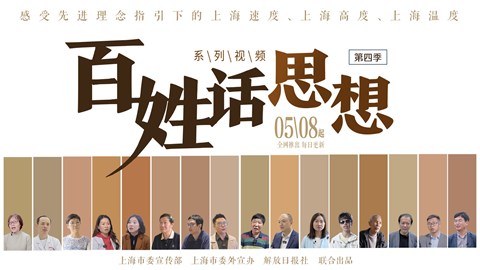UN General Assembly resumes emergency session on Israeli-Palestinian conflict
The UN General Assembly on Thursday resumed its 10th Emergency Special Session on the Israeli-Palestinian conflict.
General Assembly President Dennis Francis, in his opening remarks, condemned both the Hamas attack on Israel on October 7 and Israel's indiscriminate targeting of civilians and the destruction of critical infrastructure in Gaza.
"The brutality of the Hamas assaults is shocking and unacceptable, and has no place ... in our world," he said. "The ceaseless bombardment of the Gaza Strip by Israel and its consequences are deeply alarming. The right of self-defense does not and cannot lawfully give license to undertake indiscriminate and disproportionate reprisal."
Francis said all parties to this conflict must abide by international humanitarian law and immediately create the necessary conditions to allow for an opening of a humanitarian corridor to the Gaza Strip.
"We must ensure that urgently needed life-saving assistance reaches those in need - from the delivery of basic foodstuff to the safe passage of humanitarian and medical staff. Any action to the contrary - to deprive the people of Gaza of unimpeded access to essential livelihood supplies - would be a clear violation of their human rights and an affront to international humanitarian law," he said.
"We, the United Nations, cannot allow the fundamental principles of human rights and of international law to be compromised. As the United Nations, we are obliged to uphold them - without any conditions, or reservations, and certainly without any exceptions," Francis noted.
At this juncture, the most immediate step is clear: "the violence must cease, and further bloodshed must be prevented," he said, calling for the prompt and unconditional release of all hostages; an immediate, unconditional humanitarian cease-fire; and an immediate, unconditional opening of corridors of humanitarian assistance and relief.
The only path to a comprehensive, just, and lasting peace is a negotiated two-state solution, consistent with international law, the UN Charter, and relevant UN resolutions - a solution that fulfills Israel's legitimate needs for security and that fulfills the state of Palestine's legitimate aspirations for an independent state, said Francis.
He urged all parties to set aside their animosities and focus instead on averting war by prioritizing saving lives.
"I urge the (UN) membership to use today's session not to further fan the flames of hate, division and revenge. Let us seize the opportunity, instead, to unify our purpose and our actions to save lives and to end violence."
The resumed Emergency Special Session is expected to run into Friday and a resolution tabled by Jordan is expected to be voted on.
The UN Security Council, which holds the primary responsibility for international peace and security, has failed to adopt any resolution on the latest escalation in the past two weeks.
In an emotional speech, Palestine's UN ambassador Riyad Mansour said Israel's war on Gaza is not defendable.
Some 7,000 Palestinians have been killed since October 7, 70 percent of them were women and children. Almost all of the killed were civilians, he said.
"Is this the war some of you are defending? Can this war be defended," he asked Western delegations. "These are crimes. This is barbarianism."
Mansour called on delegations to vote in favor of the Jordanian-drafted resolution.
"Vote to stop the killing. Vote for humanitarian aid to reach those whose very survival depends on it. Vote to stop this madness," he said. "Choose justice, not vengeance. Choose peace, not more wars. Vote to put an end to two, almost three weeks of the worst double standards we have seen in decades, to restore some credibility of this place and the rules it is supposed to embody."
"Lives are hanging in the balance. And every life is sacred. Please save lives, save lives, save lives," said the ambassador.
Jordanian Deputy Prime Minister and Foreign Minister Ayman Safadi, who spoke on behalf of the Arab Group, said the draft resolution his country is putting forward seeks what the United Nations was established to achieve: peace and compliance with international law.
"Let's make a collective cry. Cry out against more bloodletting. Let's unite for peace. Let's unite for justice. Let's unite for the right of every Palestinian and every Israeli child to live free from the horrors of war, free from fear, looking for a life full of promise and full of opportunity," he said.
"For the sake of Palestinian people and for the sake of Israeli people, vote YES," said Safadi. "Let the passing of the draft resolution be a message to Palestinians, suffering from the inferno of this Israeli war on them. Let it be a message that the international community sees them, feels their pain, and believes that Palestinian lives matter too."















